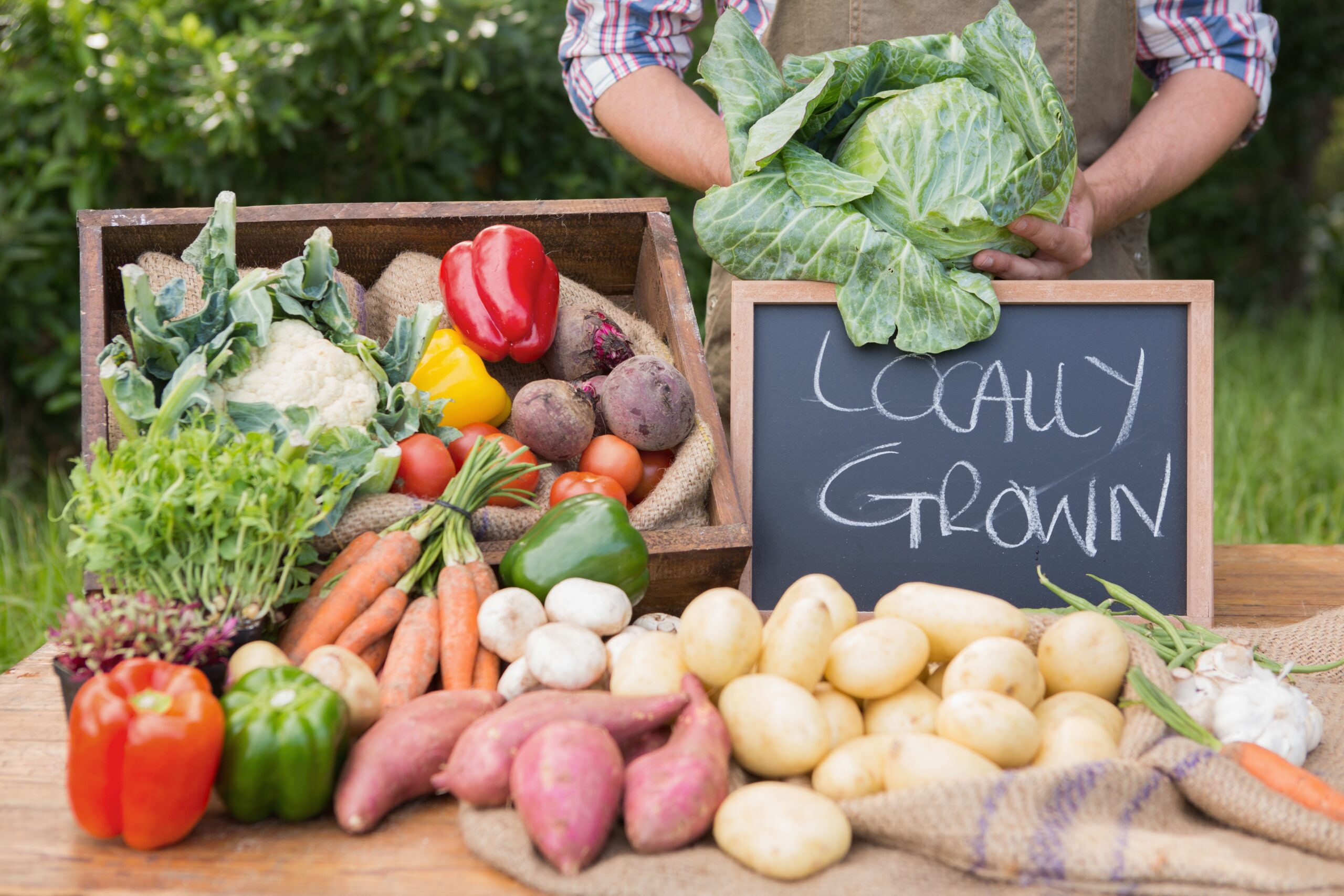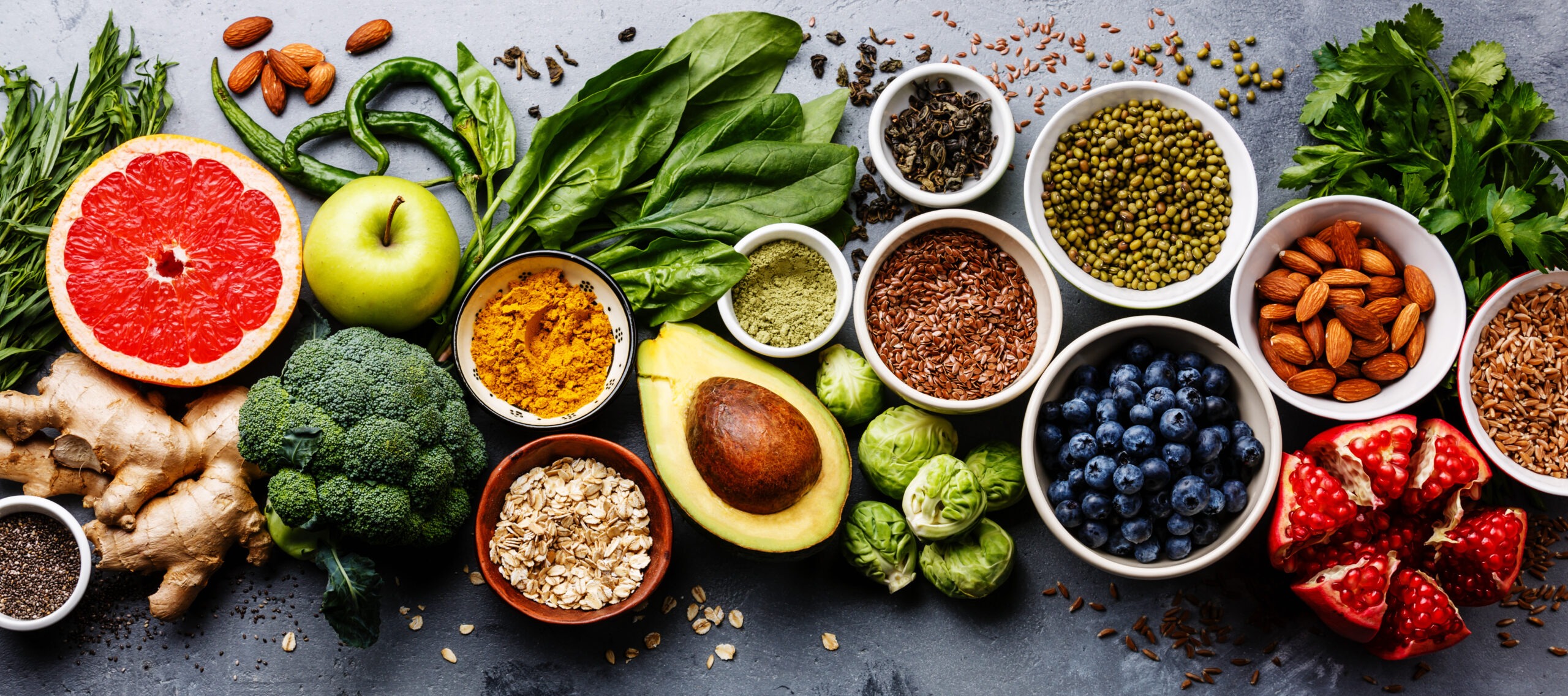Organic goods are common amongst health-conscious shoppers, but they may be more expensive than commercial brands that are commonly found in groceries and convenience stores. They could cost up to 50% higher than ordinary food items. And prices are likely to increase due to increasing demand.

Healthy On A Tight Budget
Consumers who want to save money shouldn’t have to forego the benefits of organic products because of rising costs. Though they can be pricey, you can eat organic products without breaking your wallet with some shopping and life hacks. Here are some inexpensive ways to maintain an organic diet on a budget.
1. Grow Your Own
Reduce costs significantly by growing your own food organically. In other words, you’ll be growing crops and herbs in your backyard without using toxic substances or fertilizers. No backyard? No worries. You don’t need a large garden to cultivate your vegetables. Salad ingredients, such as lettuce and tomatoes, may all be cultivated in containers on a window ledge, patio, or deck.
Herbs are also a decent starting point since they take up relatively little space. Growing herbs is a cost-effective solution to purchasing costly herbs that are sometimes thrown away. If you have an herb garden, you may harvest as much as you desire at any given time.
2. Buy Products In Season
Organic food is usually more affordable while it’s in a season since there’s a greater supply available during that time of year. Along with being less expensive, seasonal harvest is also healthier, fresher, and tastes better.
When fruit and vegetables are in season, purchase them and preserve them to conserve for the off-season. Prepare menus and recipes that use seasonal produce. You could also save leftover food in the freezer to extend their shelf life and avoid cooking several times throughout the week.
3. Reduce Food Waste
One of the simplest strategies to save money and use it on organic ingredients is to ensure that your food isn’t wasted. The amount you may have spent on rotten vegetables or wasted leftover food could be used to buy nutritious, tasty organic produce.
You may avoid food waste by consuming older food first before consuming or purchasing fresh items. Extend the lifespan of the food by putting them away properly. If you think you won’t be able to consume the food before it spoils, put it in the freezer as soon as possible.

4. Pick Wisely
Many people may not be able to afford to shop only for organic goods. So, just choose which food products you must buy organically at all times, then just pick the safest option for the remainder of your grocery list.
If you can’t purchase all of your food organically, but you would like to reduce pesticide risk at the same time, there are certain measures you should do to be confident regarding your product choices. The Environmental Working Group (EWG) publishes a yearly ranking of organic fruits and vegetables with the highest and lowest levels of contaminant. The ranking is called The Dirty Dozen and you can use that as your reference.
5. Buy From Your Local Market
Organic produce is viewed as a luxury commodity and is frequently overpriced. Supermarkets are known for overpricing these, so stay away from them. Instead, take note of their prices and compare them to local farmer’s markets to see which offers the better deal.
Local farmer’s markets allow a place for local growers to sell their produce—cutting off the middleman in the process. Local produce is often considerably less expensive because of this. Savings could be substantial, and you can get the freshest locally-grown goods in your area. So, pay a visit to the local market and seize their bargains.
6. Buy In Bulk
Purchasing produce in bulk may lead to significant savings over time. In addition, bulk purchases are usually less expensive. Most organic food shops offer bulk grains, seeds, and spices. Due to the lack of packing costs, items offered in bulk usually cost less than comparable items sold in packages and bags.
7. Find Stores Online
Since overhead costs are lesser, online retailers could offer better discounts than competitors. Most online stores wouldn’t have to spend money on a shop and could get by with fewer workers. So, most of them could sell at lower prices than your usual supermarket. The disadvantage of this method of purchase is that delivery expenses can be costly. That’s why buying in bulk is recommended for cost-efficiency.
Final Word
It may be difficult to consider purchasing only organic products, especially when you’re on a budget. But there are ways to save money while enjoying organic food. Consider the tips above when you’re out shopping for fresh produce or groceries again.